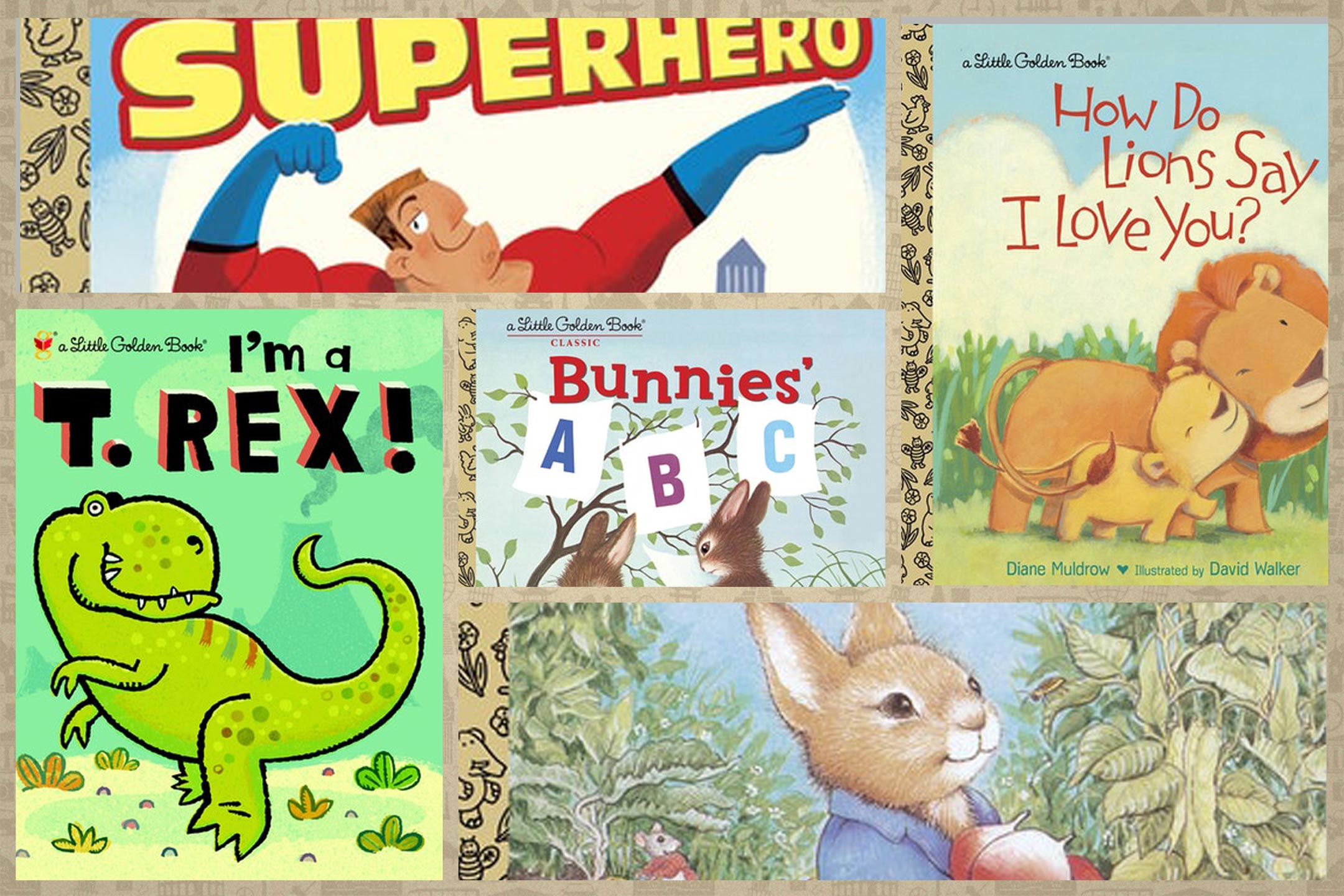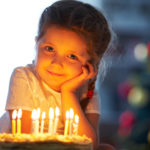
27 Apr Money For Books
Jodi Wiley is very keen for books and reading to be as integral to her children’s lives as they are to hers.
A whole new world emerges upon becoming a parent. For example, the baby aisle in the supermarket is suddenly relevant: nappy prices are compared and measured against quality, decisions must be made between scented or unscented wipes, and you keep abreast (so to speak) of lactation-pad sales.
While shopping shortly after the birth of our daughter, my husband came home to report on another discovery:
He found that his childhood favourites had been reprinted and were available to buy. He spent a bit of time, he said, flicking through the selection, and reminiscing. He’d chosen five books for our newborn, but then reconsidered, deciding that our grocery bill was high enough, and put them back on the shelf. This made me sad, especially because I suspected his decision was based on an inkling that I would disapprove of this non-essential purchase.
When I finally ventured back into the supermarket myself, I sought out the Little Golden Books. I found one called I Love You, Daddy! and placed it in the shopping trolley. It was a present for my daughter, but also for my husband. I wanted him to know that it would have been okay to buy the books, even though they weren’t on the shopping list.
I remember my own dad coming home from work every Friday for a period of time with a book from the Mr Men series. I remember the feeling of excitement at receiving this small gift. When I was older, he bought me The Hobbit and The Diary of Anne Frank. My mum bought me The Babysitters Club series, every Judy Blume book and later Melina Marchetta’s Looking for Alibrandi, among many other gems. Toys were strictly for Christmas and birthdays, but books were bought apropos of nothing. This signalled to me, in a powerful way, that books are important.
Bedtime stories were a nightly occurrence when I was little. Tucked up in bed, all warm and cosy, storytime made me feel safe, happy and loved. Because of this, I have vowed to give my own daughter the same experience. And I don’t think it’s ever too early to start. My 12-week-old loves Lynley Dodd’s Hairy Maclary books. She smiles and kicks her little legs when I read the rhythmic verse and makes a gurgling sound in her throat that I know to be a happy noise. I want her to love books – not because they’re good for you, like green vegetables and brushing your teeth, but because of what books can provide. They are an entertaining diversion, a way to learn something new, a means of being swept into other worlds, both new and familiar, and they provide the consolation of recognising yourself in a character, of feeling less alone. And lastly, there is the pleasure of reading words strung together in precisely the right way. I want her always to have books to fall back on.
When I was a child, we regularly visited the library and came away with stacks of stories. As an adult, I found myself running library storytime sessions. It was a lot of fun sharing picture books with wide-eyed, open-mouthed preschoolers. They often pushed up onto their knees during a story, some of them even standing during a particularly suspenseful plot turn. (“Is there a monster in the house? No, it’s just Dad snoring.”) Some were so consumed by a book that they would wander to the front and try to turn the page themselves. This is the beginning of a lifelong love of reading.
Later again, I became a secondary-school teacher and saw for myself that those children who’d been exposed to books in the home and whose parents not only read to them, but read themselves, enjoyed reading a lot more than those whose only experience of books was set curriculum texts. Mem Fox, in her book Reading Magic, says that children need to “hear a thousand stories read aloud before they begin to learn to read for themselves… Three stories a day will deliver us a thousand stories in one year alone, let alone in the four or five years prior to school.” This can be easily achieved by spending nothing but time. Local libraries are brilliant resources and most will purchase a book you’re seeking if they don’t already have it. I’m a regular library user and I borrow more than I buy these days. But secretly, honestly, I love to own books. I love the visual aesthetic of a full bookshelf – all those colourful spines – and the tactile nature of a book collection. I like pulling a book out, re-reading sections, and being transported back to the time in my life when it made the most impact. I love having books in my house. Just because.
Having a baby has made me reflect on what I want to pass on to her. A love of books is high on the list, as well as respect for self, others and the environment. I want to temper the importance society places on consumables with time spent simply as a family: camping, playing board games, conversing and, of course, reading. While we won’t always have money for the latest electronic gadget, newfangled toys or expensive holidays, we will always, always find money for books.


